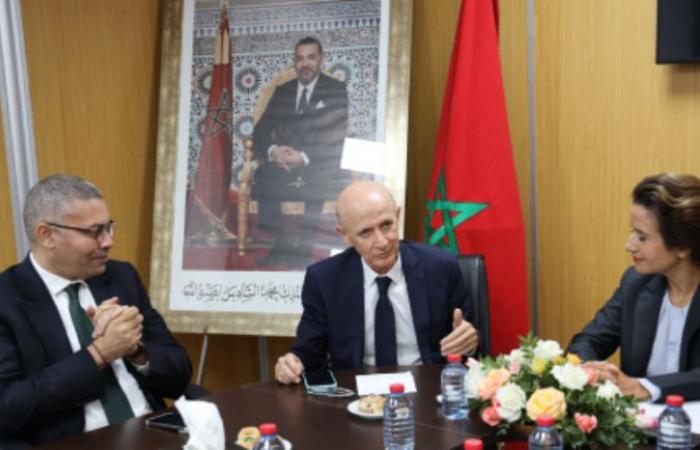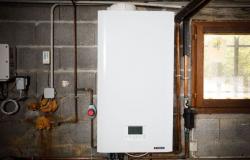
The National Electricity Regulatory Authority (ANRE), chaired by Zouhair Chorfi, announced that it had started work to determine “the conditions for setting tariffs for the use of national medium voltage distribution networks as well as tariffs for surplus electricity production from renewable sources.” These efforts are part of Law 13.09 relating to renewable energies and Law 82.21 on self-production of electricity, as amended and supplemented.
Speaking during a meeting of the Infrastructure, Energy, Mines and Environment Committee at the House of Representatives, dedicated to the presentation of the ANRE annual report for 2023, Mr. Chorfi declared that the commission “will continue its consultations with all stakeholders with a view to finalizing these two tariffs in the coming weeks.”
The introduction of these tariffs should, according to him, “opening the distribution network market to investment in renewable energy, while reducing carbon emissions in several economic sectors, notably small and medium-sized enterprises (SMEs), thus strengthening their competitiveness.”
Progress made in 2023
The past year was marked by intensive efforts to implement the methodology adopted by the ANRE council in December 2022. This was intended to set the rates for use of the national electricity transport network and the rates for electrical system services, in accordance with the provisions of Law 48.15 and related legislation.
Based on data provided by the National Office of Electricity and Drinking Water (ONEE) and royal guidelines in favor of renewable energies, the CNRE has determined two prices:
• 6.39 cents/kWh for the use of the national electricity network;
• 6.35 cents/kWh for electrical system services.
These new rates, in effect from March 2024, will remain valid until February 28, 2027.
A methodical and inclusive approach
Mr. Chorfi also highlighted the recent integration of the concept of “carrying capacity” in the revised legislative framework on the production of electricity from renewable sources. This capacity, the validation of which is now the responsibility of the CNRE, is the subject of a unified methodology taking into account technical, economic and environmental data.
Extensive consultations were carried out with sector stakeholders to develop an approach for determining the carrying capacity of the national transmission network and distribution networks, taking into account different voltage levels. This methodology ensures the stability and balance of the electricity system while considering the technical and financial constraints associated with the reception of new production capacities.
A vision focused on the future
Faced with a growing demand for electricity, “the integration of self-production and renewable sources into the national network is essential to maintain the balance between production and consumption”recalled Mr. Chorfi. ANRE has therefore conducted in-depth studies, including multiple scenario simulations based on international best practices, in order to guarantee the sustainable development and stability of this emerging market. This work constitutes, according to Mr. Chorfi, “a fundamental lever to respond to the technical and economic challenges linked to the energy transition and to support the rise of renewable energies in Morocco.”





